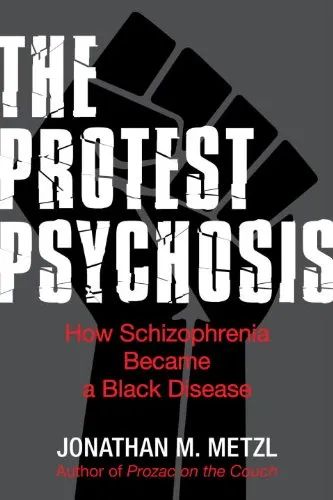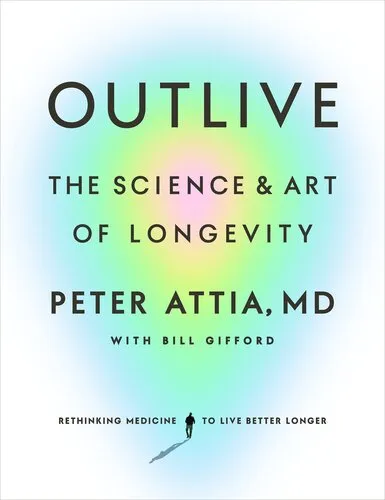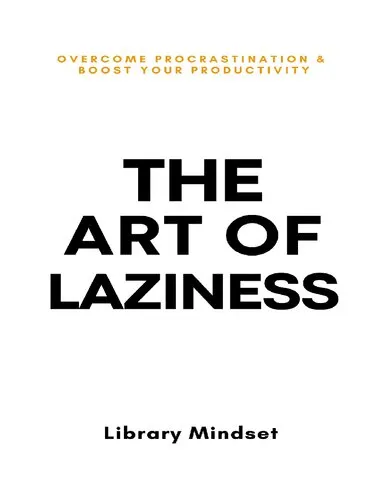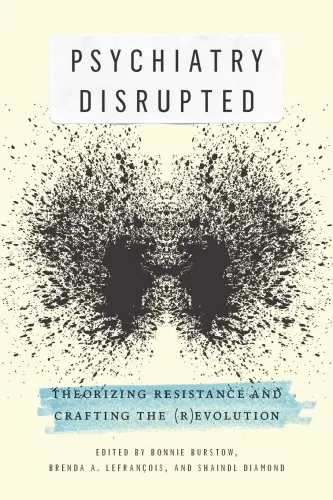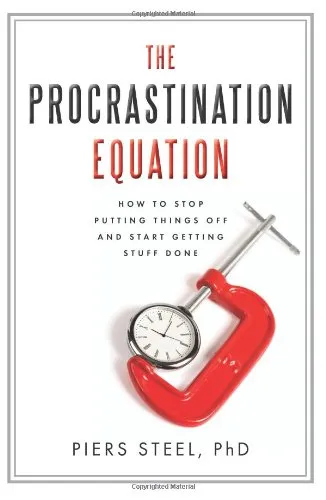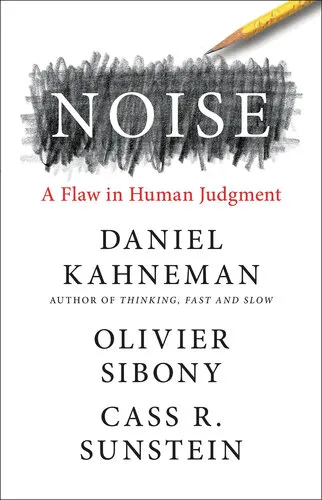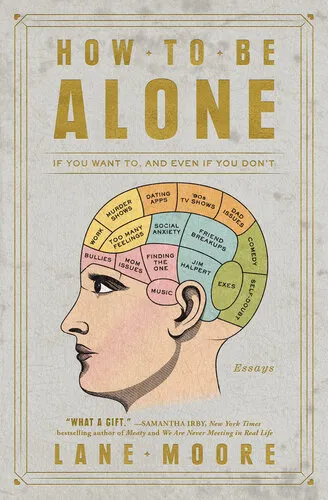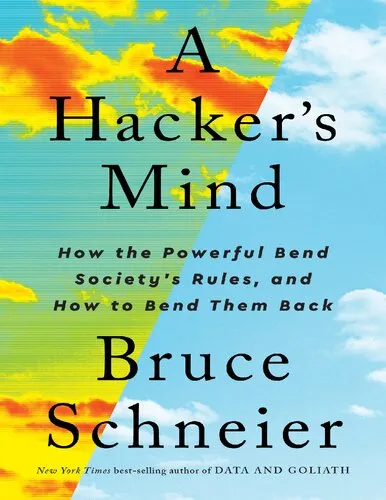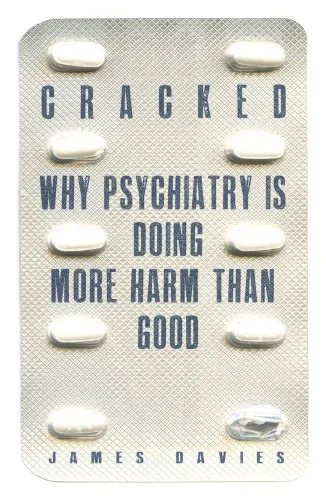The Protest Psychosis: How Schizophrenia Became a Black Disease
4.5
Reviews from our users

You Can Ask your questions from this book's AI after Login
Each download or ask from book AI costs 2 points. To earn more free points, please visit the Points Guide Page and complete some valuable actions.Related Refrences:
Introduction
In 'The Protest Psychosis: How Schizophrenia Became a Black Disease', Jonathan M. Metzl delves into the complex history of race, psychiatry, and societal change in the United States. This pivotal book chronicles how cultural and political shifts redefined a mental health diagnosis, with profound implications for African American communities. By exploring the intersection of race, medicine, and perception, Metzl sheds light on how societal biases can permeate even the most objective scientific fields.
Detailed Summary of the Book
In this groundbreaking work, Metzl examines how the diagnosis of schizophrenia underwent a profound transformation. Originally portrayed as a neurological disorder associated with docility, schizophrenia was redefined during the tumultuous decades of the 1960s and 1970s as a violent, aggressive illness, disproportionately diagnosed in African American men. Metzl meticulously tracks this change through a series of case studies, historical documentation, and cultural analyses.
Drawing on archives that include psychiatric journals, hospital records, and media reports, Metzl reveals how the civil rights era and Black Power movements were seen as threatening by the predominantly white psychiatric establishment. The language of psychiatry absorbed the anxieties of a racially tense nation. Viewed through this lens, the notion that schizophrenia was a 'Black' disease emerged as a reflection of broader societal fears surrounding race and resistance.
Key Takeaways
- Schizophrenia's evolution from a largely benign illness to one associated with violence mirrors historical racial biases.
- The civil rights movements and associated social changes influenced psychiatric diagnosis and paradigms.
- The disparities in mental health diagnoses serve as a microcosm of larger racial inequalities in America.
- Metzl calls for a critical examination of how race and racism intersect with medical and psychiatric practices.
Famous Quotes from the Book
“At times, psychiatry functions as a window into the soul of a society and its deepest fears.”
“Diagnosis is not merely the exercise of technical expertise but also an act of social construction.”
Why This Book Matters
Metzl's book is crucial because it examines how medical conditions are often entangled with societal prejudices, serving as reflections of deeper biases. By highlighting how schizophrenia became racialized through the lens of political and social upheaval, Metzl encourages readers and professionals alike to question the neutrality of medical diagnoses. This book advocates for a more nuanced understanding of how racial and cultural dynamics impact the practice of psychiatry.
In a society increasingly aware of systemic racism's implications across various domains, 'The Protest Psychosis' stands out as an important reminder of the vigilance required to ensure that the field of medicine—often regarded as impartial—is not immune to prejudice. It calls for renewed awareness and reform to address these deep-seated issues.
Free Direct Download
You Can Download this book after Login
Accessing books through legal platforms and public libraries not only supports the rights of authors and publishers but also contributes to the sustainability of reading culture. Before downloading, please take a moment to consider these options.
Find this book on other platforms:
WorldCat helps you find books in libraries worldwide.
See ratings, reviews, and discussions on Goodreads.
Find and buy rare or used books on AbeBooks.
1387
بازدید4.5
امتیاز0
نظر98%
رضایتReviews:
4.5
Based on 0 users review
Questions & Answers
Ask questions about this book or help others by answering
No questions yet. Be the first to ask!
